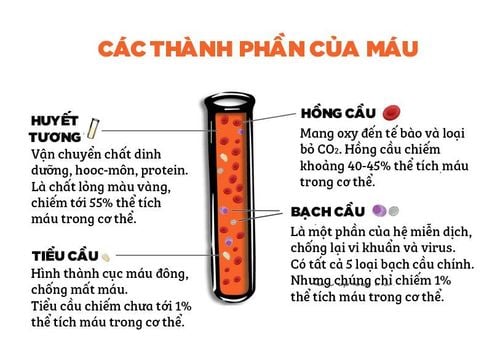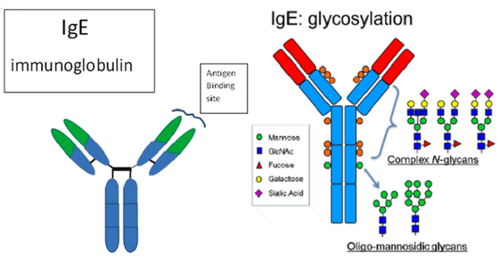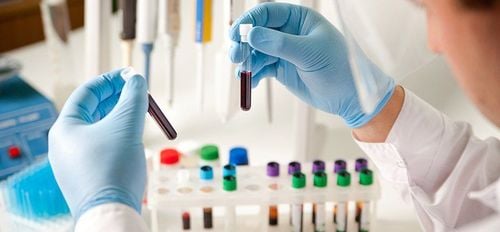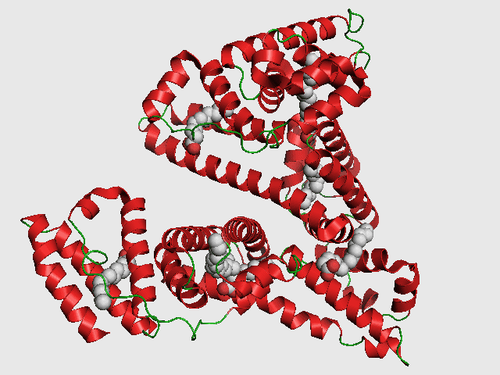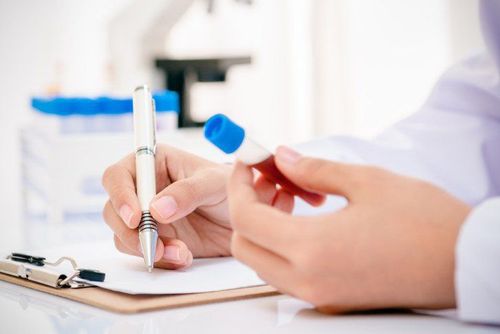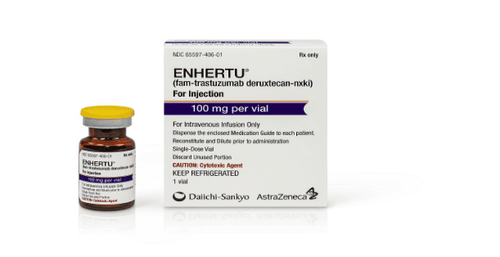This is an automatically translated article.
The article was professionally consulted by doctors of Laboratory Department, Vinmec Danang International General Hospital.When bacteria and viruses enter the body, antibodies fight them. In an immune response, antibodies have three main roles: binding to antigens, activating the complement system, and mobilizing immune cells.
1. What are antibodies?
When the organism enters the human body, the body will recognize this intrusion and produce substances called antibodies (antibody). This antibody destroys harmful bacteria, and protects the body. The stronger the body's ability to form antibodies, the higher the immunity against bacterial infections.
Trắc nghiệm: Bận rộn có ảnh hưởng đến sức khỏe của bạn không?
Cuộc sống hiện đại khiến chúng ta vì quá bận rộn mà quên chăm sóc sức khỏe cho chính mình. Ai cũng biết rằng lịch trình làm việc cả ngày có thể khiến bạn kiệt sức, nhưng cụ thể bận rộn ảnh hưởng thế nào tới sức khỏe? Hãy cùng làm thử bài trắc nghiệm dưới đây.
2. How many types of antibodies are there?
There are 5 types of antibodies as follows:
IgG : The most common antibody in blood, colostrum and tissue fluids. IgG crosses the placenta, protecting the baby during the first weeks of life when the baby's immune system is not yet developed.
IgA: Make up about 15-20% in blood, colostrum, tears and saliva. Where IgA is secreted, it fights pathogens there.
IgM : Is the first layer of immunity synthesized in newborns. Combined with multidimensional antigens such as viruses and red blood cells, helping to destroy bad antigens, protecting the body.
IgE : accounts for a fairly large proportion and plays a role in acute hypersensitivity reactions as well as in the immune mechanism against parasites.
IgD: Occurs at least 1% on cell membrane, catabolizes quickly and is easily hydrolysed by plasmin enzyme during blood coagulation, so IgD is the least functional antibody in the process antigenic chemistry.
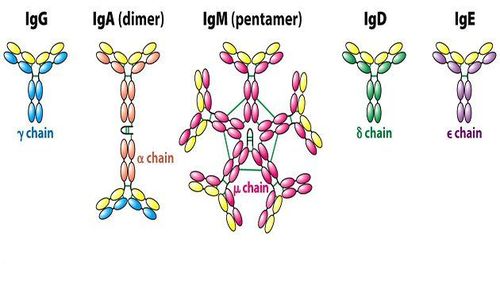
3. Antibody formation
Antibody formation is a very complex process that goes through the following stages:
Equilibrium phase During this time antigens balance between vascular and extravascular by diffusion. It's usually a quick process. Since the antigen is no longer diffuse, this phase is gone.
Metabolic phase of decay During this phase the body's cells and enzymes metabolize antigens. Most antigens are captured by macrophages and other phagocytic cells. The length of time will depend on the immunogens and the host organism.
Immune rejection phase During this phase, the newly synthesized antibody will combine with antigens and form antigen-antibody complexes, after which they are phagocytized and degraded. Antibodies persist in serum after the immunosuppression phase is complete.
4. The role of antibodies
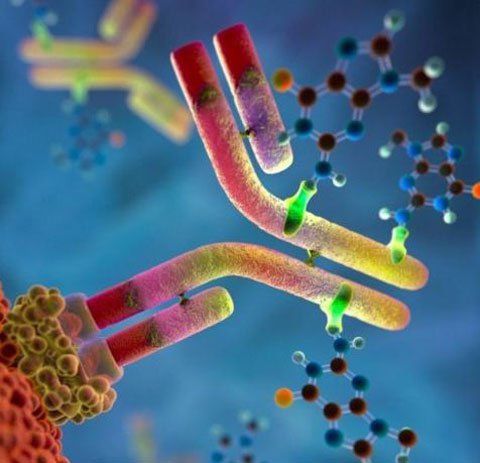
4.1. Antigen binding Immunoglobulins are able to specifically recognize and bind to a corresponding antigen through variable regions. In the bacterial antitoxin response, antibodies bind and thereby neutralize toxins, preventing the adhesion of these toxins to receptors on the surface of cells, so the body's cells avoid the disorders caused by those toxins.
Some viruses and bacteria only cause disease when they attach to body cells. Bacteria use adhesion molecules called adhesives, while viruses use proteins immobilized on the outer coat to attach to the body's cells. Antibodies against bacterial adhesive molecules and antibodies against viral capsid proteins prevent them from binding to target cells.
4.2. One of the defense mechanisms of antibodies is the activation of the complement cascade. Complement is a set of plasma proteins that, when activated, will kill invading bacteria by:
Punching holes in bacteria. Facilitating phagocytosis. Clearance of immune complexes. Release of kinetic molecules. 4.3. Mobilization of Immune Cells After binding to the antigen at the transfection end, the antibody can bind to the immune cells at the constant end. These interactions are of particular importance in the immune response. In this way, antibodies are able to bind a bacterium to a macrophage and trigger phagocytosis. Natural killer lymphocytes can perform cytotoxic functions and lyse bacteria or cancer cells bound by antibodies.
5. Supplementing antibodies for the body by eating
To have a healthy body, our body needs to be fully supplemented with many factors such as: Nutrients, protein, fat, vitamins and many other minerals, ... And especially need to supplement. many antibodies to enhance the body's ability to recognize and destroy bacteria.
To supplement antibodies for the body, you should use some products such as: Colostrum, Honey, because in colostrum there are important components of IgG, IgA, IgM... to help increase resistance. Honey has antibacterial properties that help beautify, treat coughs, and stomach ailments effectively.
Please dial HOTLINE for more information or register for an appointment HERE. Download MyVinmec app to make appointments faster and to manage your bookings easily.




